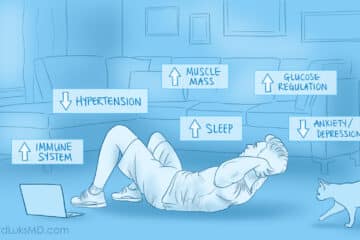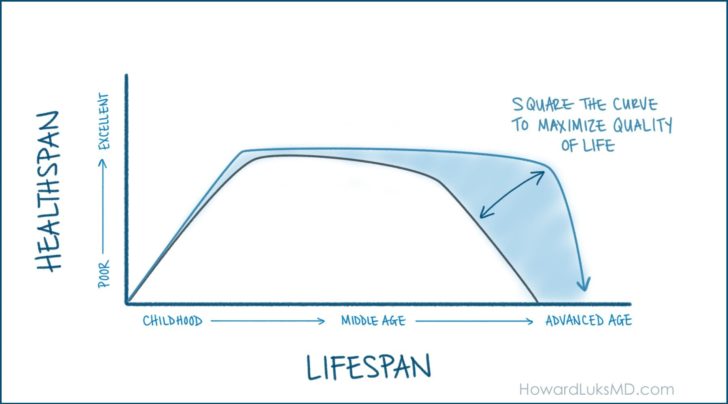
Starting and committing to a new exercise program can be a challenge. Here we discuss the concept of a 30-day challenge.
Staying with the same theory that keeping healthy advice simple might help many of you
Let’s face it; change is hard. However, habits, once formed, are easy to maintain. Getting folks to adopt healthier lifestyle choices is something I try and accomplish every day in the office. It’s not easy to do. There are very different strategic approaches out there… some work, many don’t.
Pursuing a longer “healthspan,” the period of time that you are cognitively intact and physically able, does not need to be complicated. Exercise does not need to be painful and sweaty. What does work is seeing the benefits… once it becomes routine and people feel better in general or feel better for accomplishing something, it often sticks.
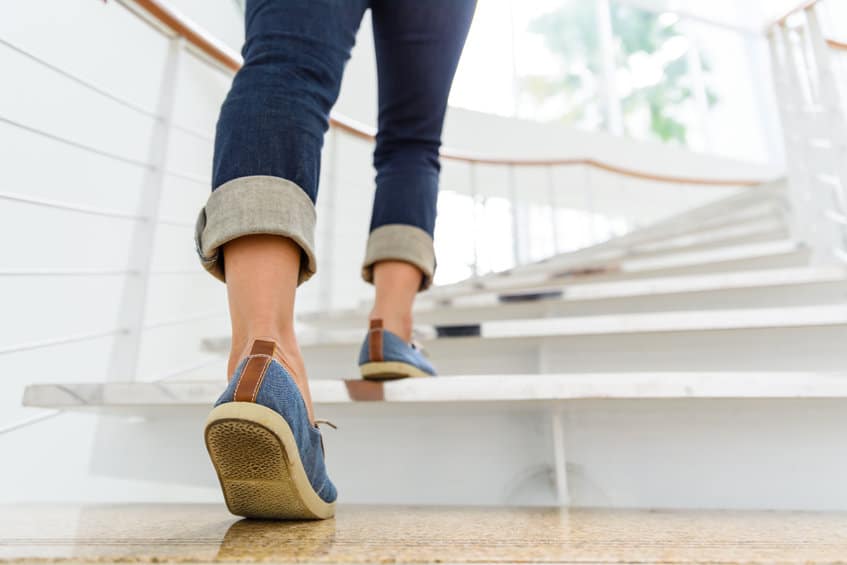
I have been an orthopedic surgeon for nearly 25 years. While I have returned many athletes to the playing field with my knife and replaced more knees than I can count— I am often most pleased with being able to dramatically help entire families improve their health with lifestyle and dietary modification.
Those are, by far, the biggest success stories in my practice. Returning people to a path of being metabolically fit will impact their entire life and the lives of those they bring along on their journey.
I’ve noticed that failure comes from looking down a far too long runway, like wanting to run ten mi, lose 50 lbs, or completely get off medications. I’ll come back to this in a moment…Longevity or a longer Healthspan isn’t rocket science. There are no miracle supplements or diets. 80% of us will die from very predictable causes. Heart disease, dementia, complications from diabetes, cancer, falls, etc. Exercise addresses all of these. More so than most medications.
85-year-olds develop new muscle growth and improved metabolic health from a few workout sessions. You’re never too old to adopt these strategies. Many older patients are afraid to exercise or are told not to do something because they are too old. That is simply untrue. As long as your doctor gives you the green light, you too can benefit from walking and a resistance exercise program. You will feel better, feel more stable when you walk and struggle less to get up from a chair or walk stairs. These are the earliest findings in frailty. Frailty can be avoided in many cases with simple interventions.
But exercise sounds painful… it conjures up thoughts of sweat and pain or hours in a gym. The CDC reports that only 23% of people get enough exercise. It’s important to understand that “exercise” doesn’t have to be painful… it doesn’t have to be sweaty.

Walking as little as 8000 steps a day can improve your metabolic health. Getting outside can improve your mood, your well-being, and your overall health. This is especially true for the older generations. You’re never too old to exercise. There is no reason you can’t walk, lift objects, push objects and pursue other healthier lifestyle changes. It’s not too late.
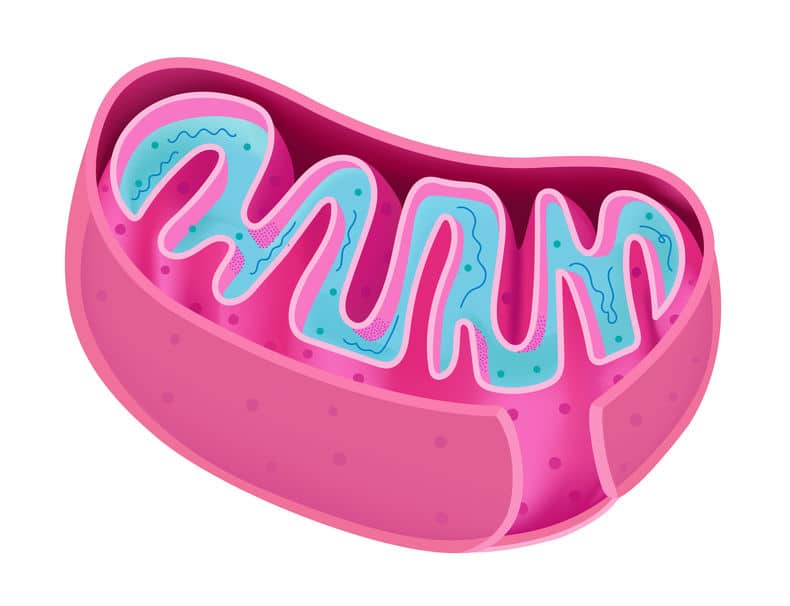
Poor metabolic health or poor mitochondrial function is the root cause of metabolic syndrome, heart disease, type 2 diabetes, upwards of 40% of dementia cases, and many forms of cancer. Exercise and eating well are the only ways to improve metabolic function.
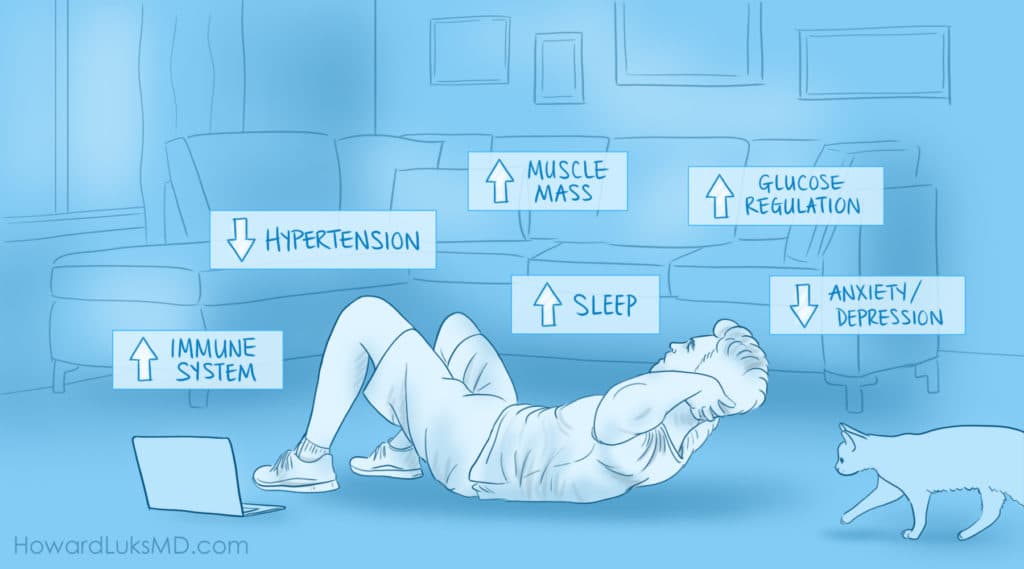
Goals matter… if the goal is too lofty and the goalposts too far downfield, it will be hard to initiate any exercise program. Furthermore, it will be too easy to quit. Quitting is just as painful because then we failed at something… and that gets even more depressing.
I find 30-day challenges useful… I find that setting realistic goals and short-term goals to be far more effective. Those goals can become habits you want to adopt… or things you want to give up. Like I am going to walk for 15 min every day. Or, I am going to not eat ___ for a month.
Once 30 days arrive, many people will stick with it. They’ll have the confidence, and they’ll feel better. Habits can be formed in 30 days. The key is to keep your goals simple and easy to accomplish. If you’ve been under a pandemic house shut down for a year, your goal should not be to run 2 miles a day… if you haven’t left your home other than for food in 12 months, then your goal is not to find a 5-mile hike. Please keep it simple to achieve and easy to accomplish… after 30 days, many want to build on what they have accomplished.
The next 30 days of your life are going to pass by… whether you participate or not.




